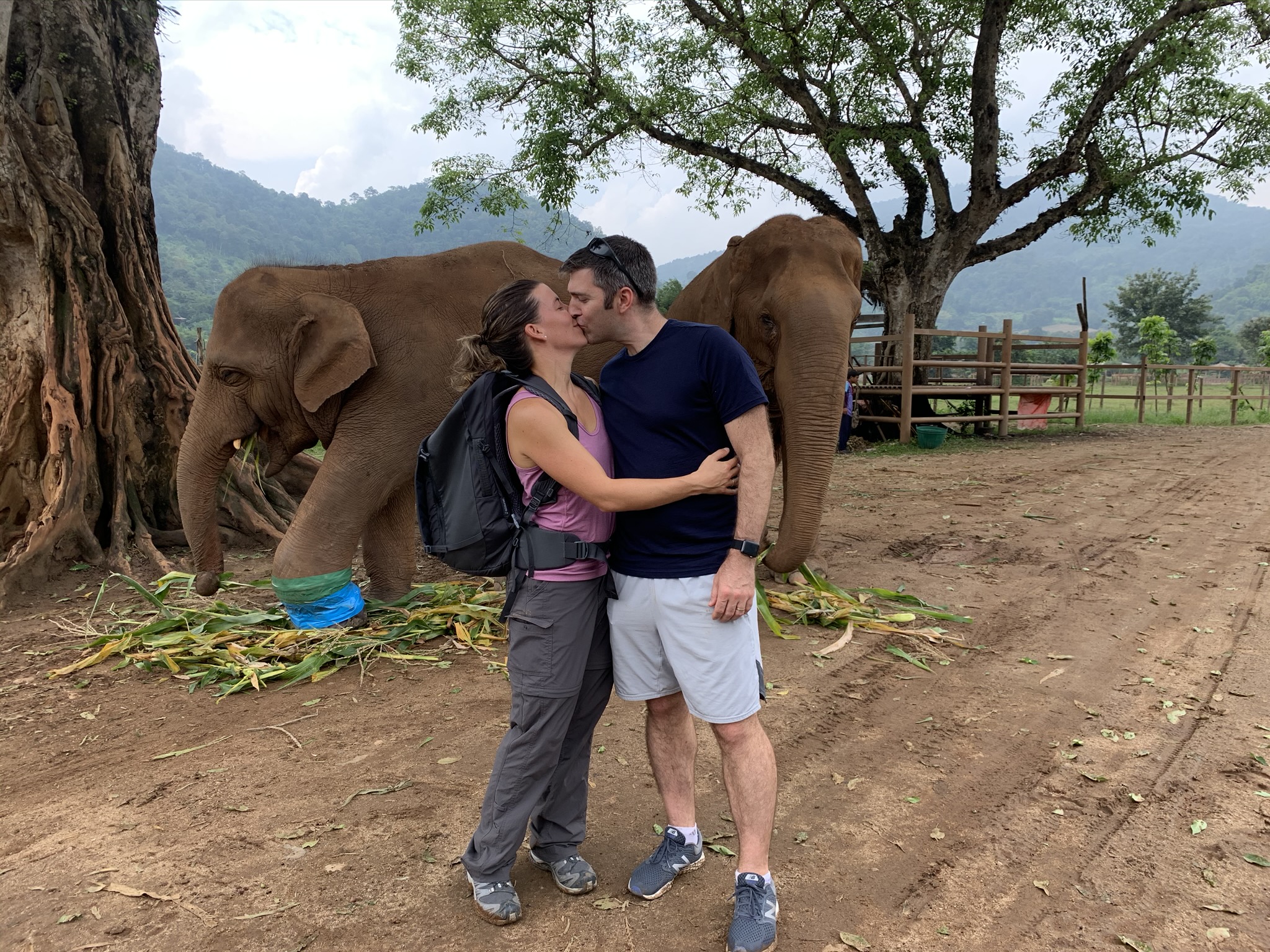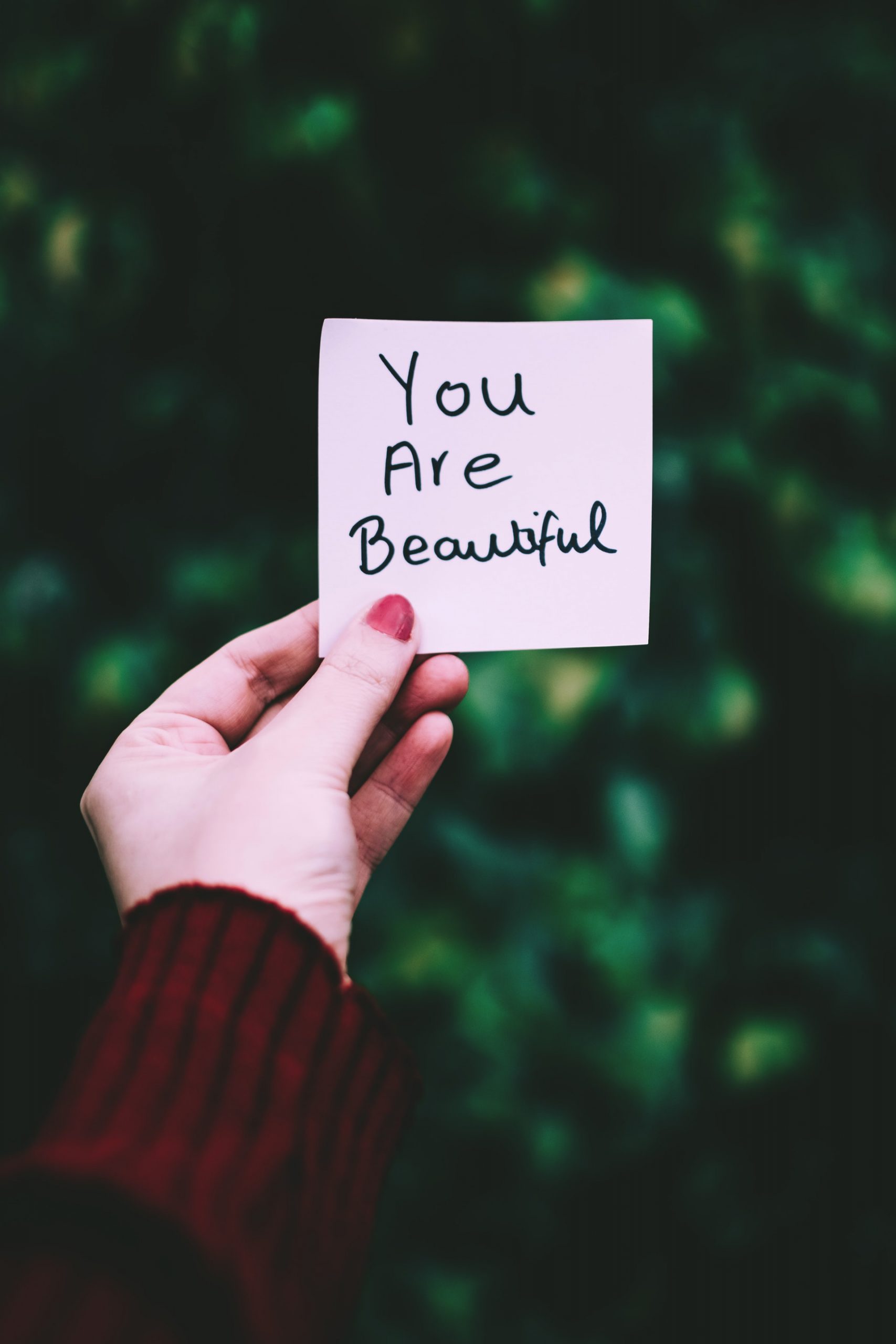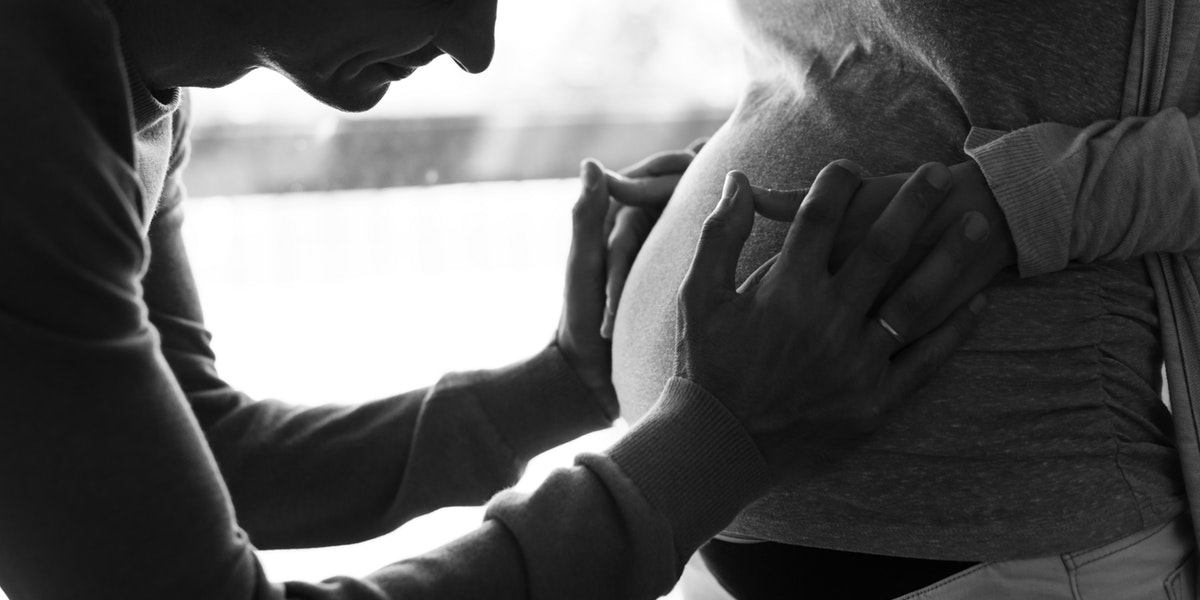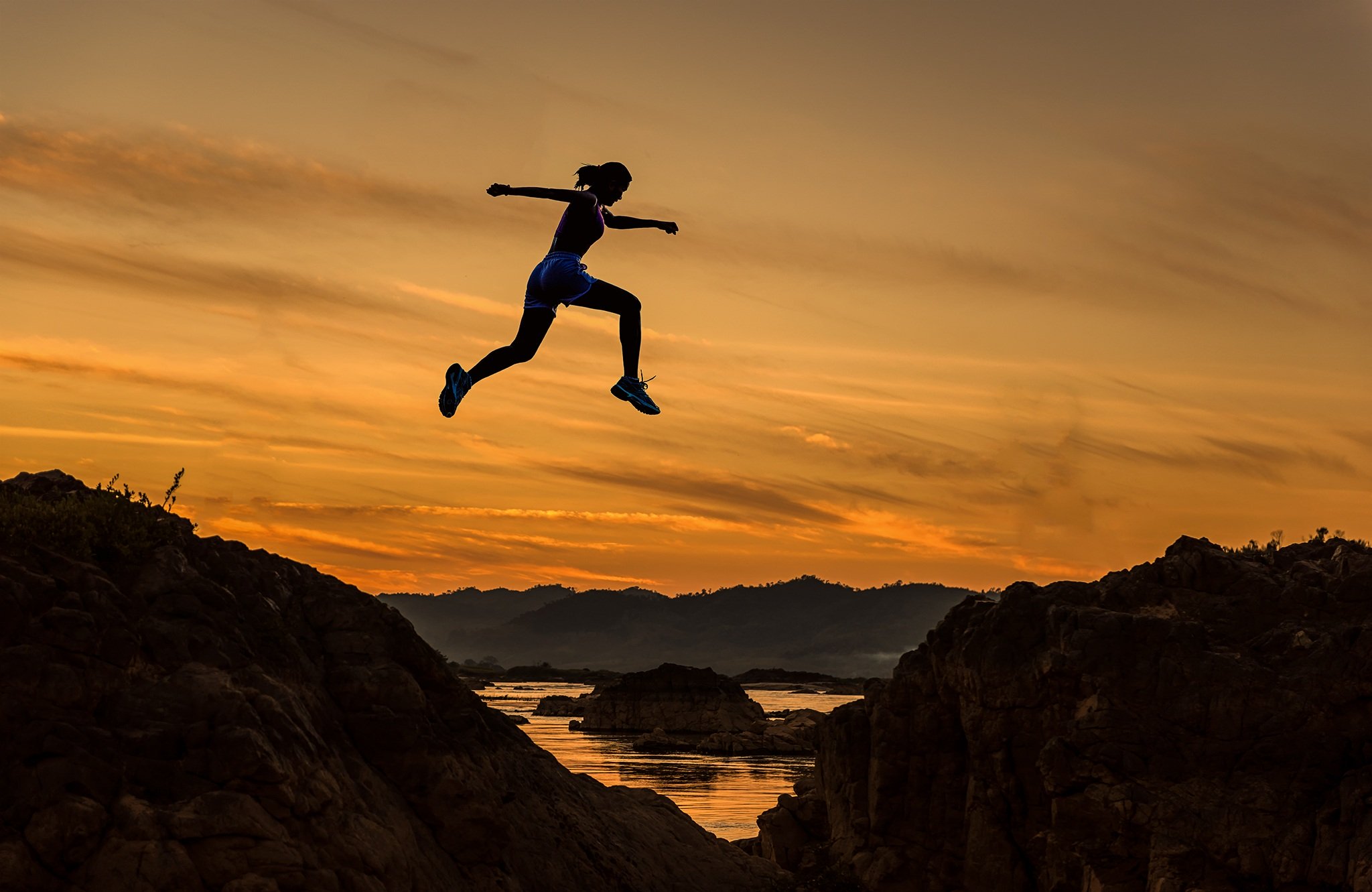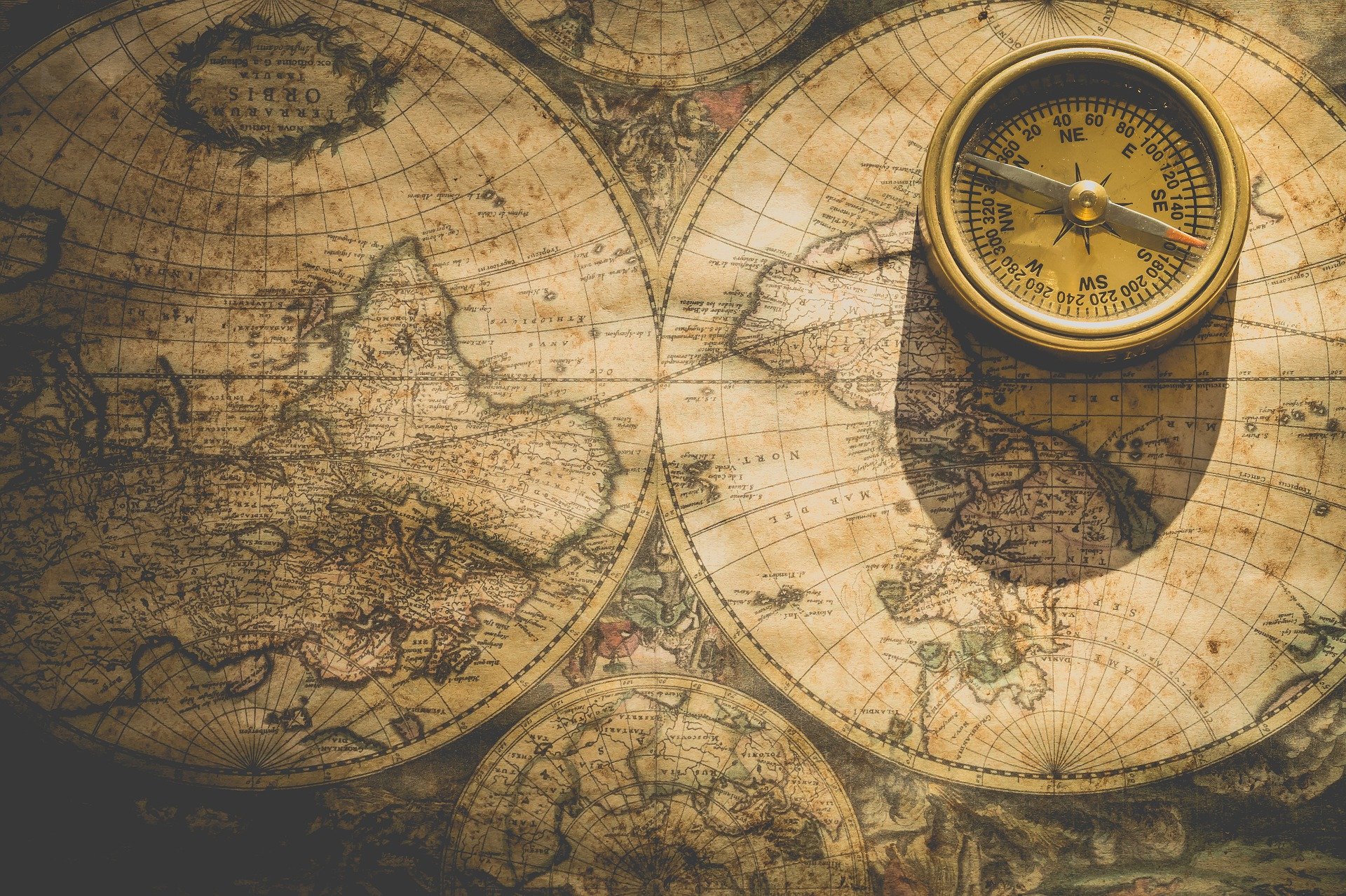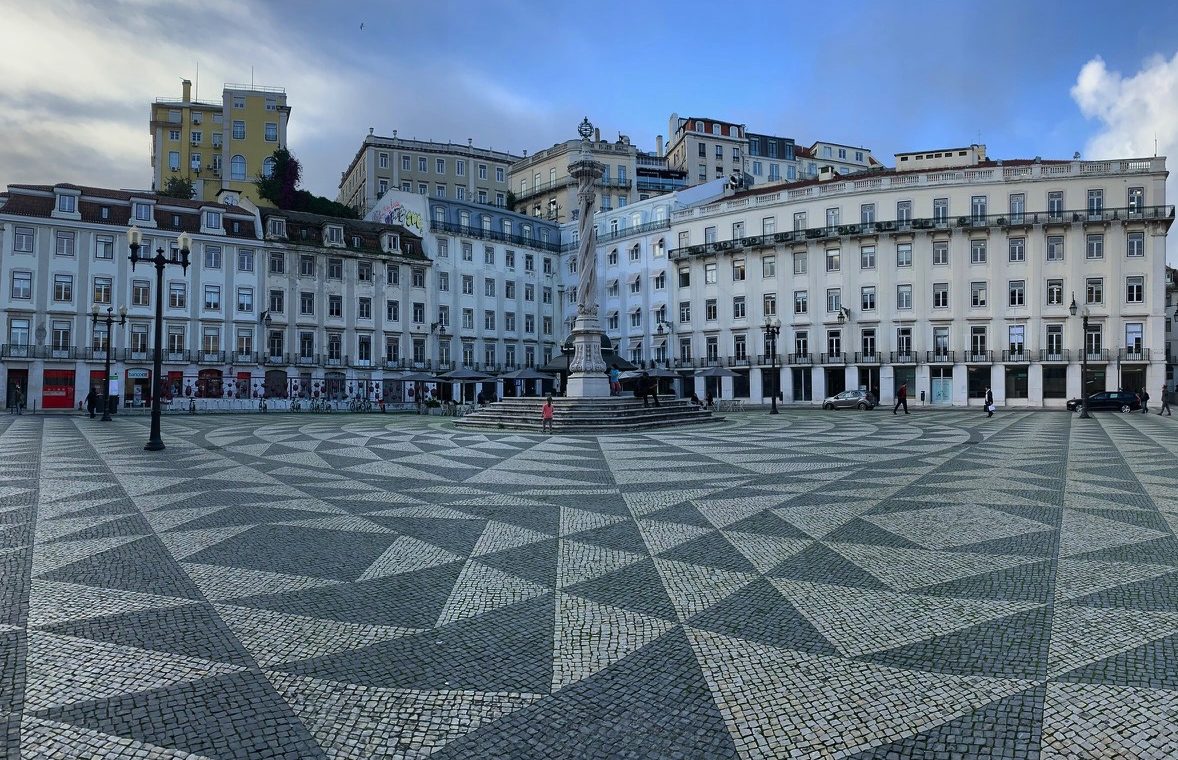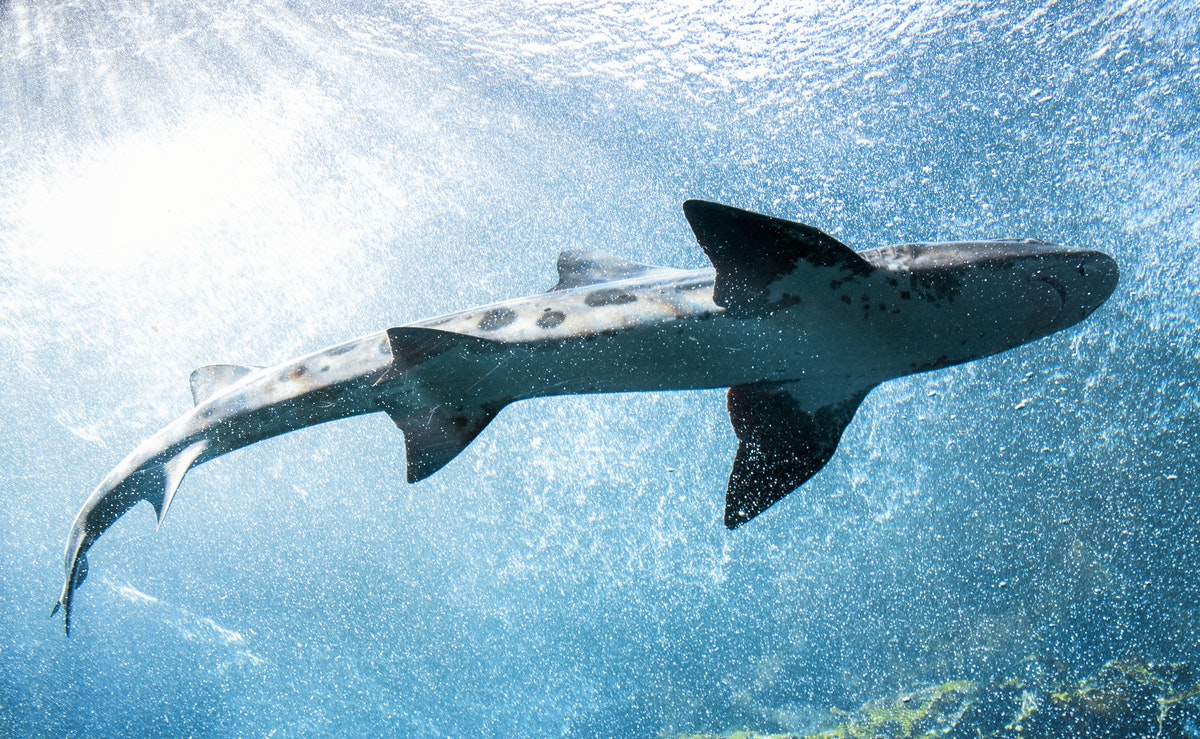I thought the ocean was the dangerous place. Venomous jellyfish, crashing waves that can drag you under, saltwater that burns the eyes and hungry mysterious sea creatures below. But mostly it was the jellyfish I feared.
My fear isn’t completely irrational. I read the memoir Traveling with Ghosts, by Shannon Leone Fowler, who was vacationing with her fiancé in Thailand when he unexpectedly dies after getting stung by a venomous jellyfish. The injected venom caused his heart to stop and he was dead within five minutes.
On the day of our arrival in Koh Samui, I sized up my foe, the ocean. Impressive, perhaps insurmountable. There was a sign posted warning about venomous jellyfish, but not about their lethality. I took this as an admission of the jellyfishes’ presence and confirmed existence, and that the potential threat of a sting was indeed plausible. But what I needed to assess was the severity and the species of jellyfish encountered.
The evening of our arrival, having stuck only to the glistening safety of the pool that day, I typed “jellyfish” and “Koh Samui” into Google. My research confirmed my fears: over the years, people have died from jellyfish stings here. Just a month ago, a ten-year-old boy was severely stung and rushed to hospital. In one photograph, the boy is being led under the arm by an ambulance attendant; his face pale and ashen. Next to him, juxtaposed in a smaller frame, is the culprit and attacker: a translucent box jellyfish. Scrolling down the page revealed a third photo of the boy’s foot, badly blistered.
The attacks I read about seemed to be localized to one part of the island, not where we were or at this time of year. After reading the article, I turned to Dan,
“I don’t think we’re going to be able to swim in the ocean. I don’t think I can let the kids go in – it’s too scary.”
On day two, the waves calmed down a bit, and I jogged alongside my foe, in a pitiful display of intimidation. Oh, I longed, how I longed to penetrate those waves.
I jogged past a little girl laying on her stomach in the sand, with her back to the ocean. The waves pounded and crashed down in the background then lapped at her legs, gently – playfully – pulling her in.
What fun.
During my run, I also spotted a roped-in (netted?) area for swimming. This would be my entry point.
My family acquired beach toys, and the plan was to play safely at the water’s edge.
With Dan and the girls settling in at the beach, I told him where I was going, loosely, pledging to find us a “safe place to swim” and that I would be “right back”. He never saw me again.
Just kidding!
I got my family to the beach because of one reason only: chlorine rash. All three girls got nasty painful rashes from the chemicals in the swimming pool the day before. Go figure. With the girls needing a break from the harsh exposure of the chemicals against their sensitive skins, a beach day seemed in order.
I paced down the beach, seeking a perfect “safe” spot. Finally, two kilometers later, at the spot where I had turned back in my run, I came across the nets and a dad playing in the water with his little girl. The little girl had a blond braid trailing down her back and she must have been five or six. She played carefree, while I stood frozen in place, looking out at the waves that beckoned. Finally, I inched my way close enough to get pummelled by a wave, then I was in the ocean. Nothing bad happened.
By the time I walked back to Dan and my family, I’d reached the conclusion that probably anywhere along the shoreline was just as safe as anywhere else. Dan and I jumped in together, from the shores on the property of our resort. We packed up for lunch, and that afternoon took the kids back to the pool and made sure to rinse them off well afterwards, which seemed to help with the rash situation.
That evening at dinner, it happened. I saw a couple moving gracefully through the water as the sun set. They looked like angels floating through heaven out there, and I, momentarily, seriously considered ditching my dinner and my family to join them – such was my desire to truly swim in the ocean. Turns out the couple are from Kazakhstan (side note: cool! I’ve met someone from Kazakhstan – Kazakhstanis!).
While I had all of my attention focused on the ocean, I’d completely overlooked other potential threats.
There are feral dogs roaming the grounds of our resort. They aren’t aggressive towards humans (until they are), but random dog fights occasionally arise on the beach and within ear shot. Penelope and Ariel broke free and sprinted ahead of Dan and me after lunch one day, and a dog came out of nowhere and barked aggressively at them, stopping them in their tracks. Thankfully, someone called it off. Another morning, jogging down the beach, Dan passed by packs of dogs. Normally, the dogs barely lift their head, but as he reached the turnaround point, a dog charged at him barking aggressively. He yelled at it and grabbed a stick for his way back.
We are staying in a beach front villa that has a partially covered private patio. On day two, returning back to the safety of our villa from the beach, a black and green snake slid (or fell) down from its perch with a THUD on the ground beside Dan. The snake slithered into the corner where he stayed to visit for a while.We took pictures and asked the hotel staff about him.
“Just little bite, but you should have it removed because of the children.” They might not know not to touch it.
There go the howls of the dogs again.
I ventured down the laneway leading away from our resort and across the street to a coffee shop owned by a German expat with a man bun. I told him about my interest in renting a motorized scooter. He looked at me skeptically,
“Have you ever ridden one before?” Admittedly, I hadn’t.
“It’s incredibly dangerous to drive here,” he warned. “One and a half people die in traffic accidents on the island every day, and in Thailand it’s over 12,000 people per year. Thailand is considered one of the most dangerous places to drive in the world.”
Interestingly enough, the thirty-minute car ride from the airport to our resort was dotted with motorcycle and scooter rentals. With our lack of experience being a factor, and the sheer unexpected busy-ness of traffic on the island, Dan and I decided to pass on the Asian driving experience.
While I had found the courage to jump in and get back out, I wanted to fully enjoy the ocean and to do so, I began interviewing locals. I asked various hotel staff members about the jellyfish situation. Had anyone ever been stung here? Hurt? Killed?! They mostly told me, “No, no, no – no have jellyfish!” One local woman pointed across the way to the visible nearby island of Ko Pha-ngan and said pointedly, “but don’t go swim there.” That is, in fact, the island where Shannon Leone Fowler’s fiancé died. I found the woman’s comment troubling.
I finally got what I felt was an honest and accurate answer. Yes, there are some jellyfish, and people get minor stings, but “we put the vinegar on it, they okay.” I could live with that. I would live.
The next day I woke up and the ocean was calm and clear as glass. I spotted the Kazakhstani couple out there swimming and without a second thought, dressed in my bathing suit, snapped on my watch and swim cap, and headed for the door. My feet hit the sand at a jog and I dove straight into the waves. Okay, I paddled out cautiously, like a frog, but it was a glorious moment, all the same. I was able to push my fears aside. I swam for 600 meters back and forth up and down the shoreline. The ocean lifted me up, effortlessly, each stroke felt light and breezy. I waved excitedly at the Kazakhstani couple, my water comrades, as I caught up to them. I was in heaven. With the water flat and waves mellowed out, my entire family joined me in the ocean after breakfast. We swam off and on for hours and delighted in the experience of the warm bath. Ariel remained somewhat skeptical about the safety of the sea; Penelope was carefree and Elyse, my little pitcher with big ears, screamed and hollered in protest when I dragged her into the ocean. Perhaps the only sane one of the bunch.
Another dog stalks by me, watching me from the corner of its eye.
There’s no doubt in my mind that the ocean’s a dangerous place deserving of respect. And for the record, just as many people have died from box jellyfish stings on Koh Samui as have died on Ko Pha-ngan – about seven or eight people on each island over the last twenty years.
There’s no doubt in my mind the ocean’s a dangerous place, just not today.
Author’s note: The day after I wrote this piece, I went for another morning swim and experienced tingling and annoying stings on various parts of my body. At first, I chalked it up to psycho-somatic symptoms: you know, I’m writing about killer jellyfish and now I’m feeling jellyfish stings, come on! I was wearing goggles, and as I cut through the water I looked down and could see nothing, but felt stabs of pain; it was like being stung by ghosts. Eventually, I got out to check my stinging arms, and there were indeed tiny red marks. My friends from Kazakhstan were also getting out of the water, and the husband confirmed it for me. Jellyfish arrived with the tide. I was stung by jellyfish. I was wearing a one-piece bathing suit and my abdomen was inflicted the most. Hive-like welts scattered across my stomach.
If you or someone you know is stung by a jellyfish, apply vinegar to the wound immediately. Vinegar helps to remove the tiny stingers leftover and prevent further venom from getting into your bloodstream.
Clearly, the jellyfish that stung me were not dangerous – I’m here to write about it – but let’s just say I was happy we booked a land tour for the next day.

